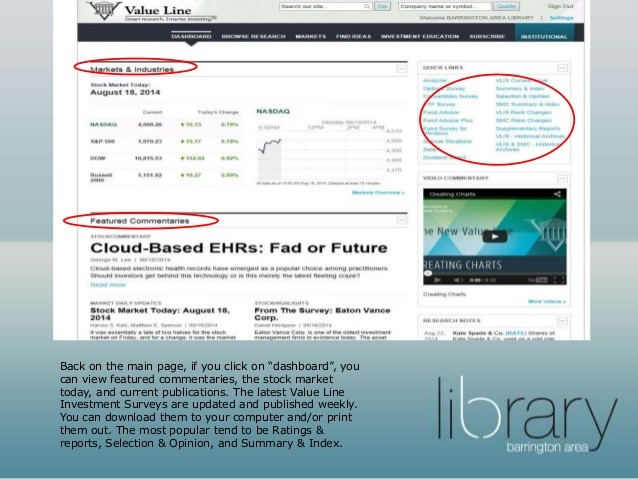Value Stock Funds Mutual Funds Investing in Value Stocks
Post on: 12 Июнь, 2015 No Comment

Definition and Strategy of Value Investing With Mutual Funds
You can opt-out at any time.
Please refer to our privacy policy for contact information.
Definition: Value stock mutual funds primarily invest in value stocks, which are stocks that an investor believes are selling at a price that is low in relation to earnings or other fundamental value measures.
Value Investing Strategy: In simple terms, the value investor is looking for stocks selling at a discount; they want to find a bargain. An effective means of gaining exposure to value stocks is to buy a mutual fund with a value objective. Rather than spending the time to search for value stocks and analyze company financial statements, the mutual fund investor can buy index funds. Exchange Traded Funds (ETFs) or actively-managed funds that hold value stocks.
A simplified approach to determining if a particular stock is a value or a growth stock is to see what the company does with its cash—does it share its profits (cash) with investors in the form of dividends or does it reinvest the cash back into the company for purposes of growth? In this perspective, stocks and stock funds that pay dividends are often considered value funds and those that pay little or no dividends are considered growth funds.
Who Should Use Value Funds? The most common purpose for using value funds is for income or yield. In different words, the investor wants or needs dividend payments as a source of income. This is why value funds are often referred to as income funds. Retired people are the most common investors in value funds for the income feature.
For comparison, growth funds pay little or no dividends so the return to the investor is realized through the price appreciation of the underlying investment; whereas the return to the investor for value/income funds can be a combination of price appreciation and yield (dividends).
Value fund investors may also choose to have dividends reinvested to buy more shares of the fund. This strategy is common for people who like value investing but do not need current income (they want to grow their investment portfolio).
Tips On Value Funds and Taxes: Investors should be cautious of using dividend mutual funds because dividends are taxed as ordinary income. For this reason, long-term investors (not in need of current income) may consider buying dividend mutual funds in an Individual Retirement Account (IRA) or 401(k), where earnings grow tax-deferred until withdrawals begin. Therefore mutual fund investors should be aware of the taxation of mutual funds before investing.
Disclaimer: The information on this site is provided for discussion purposes only, and should not be misconstrued as investment advice. Under no circumstances does this information represent a recommendation to buy or sell securities.














